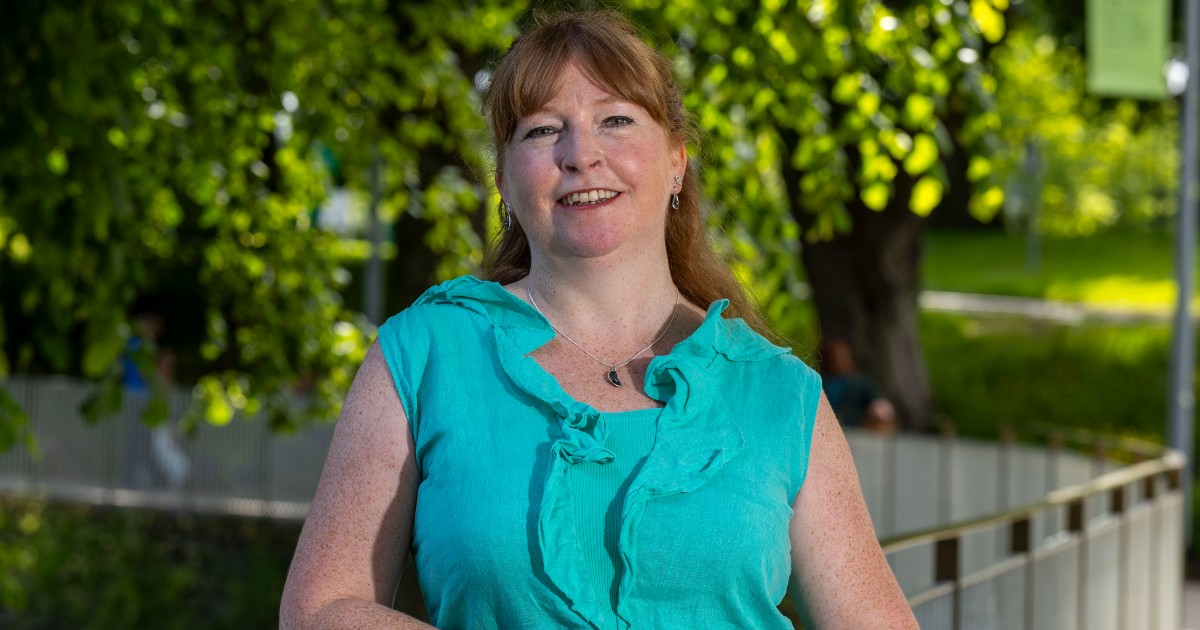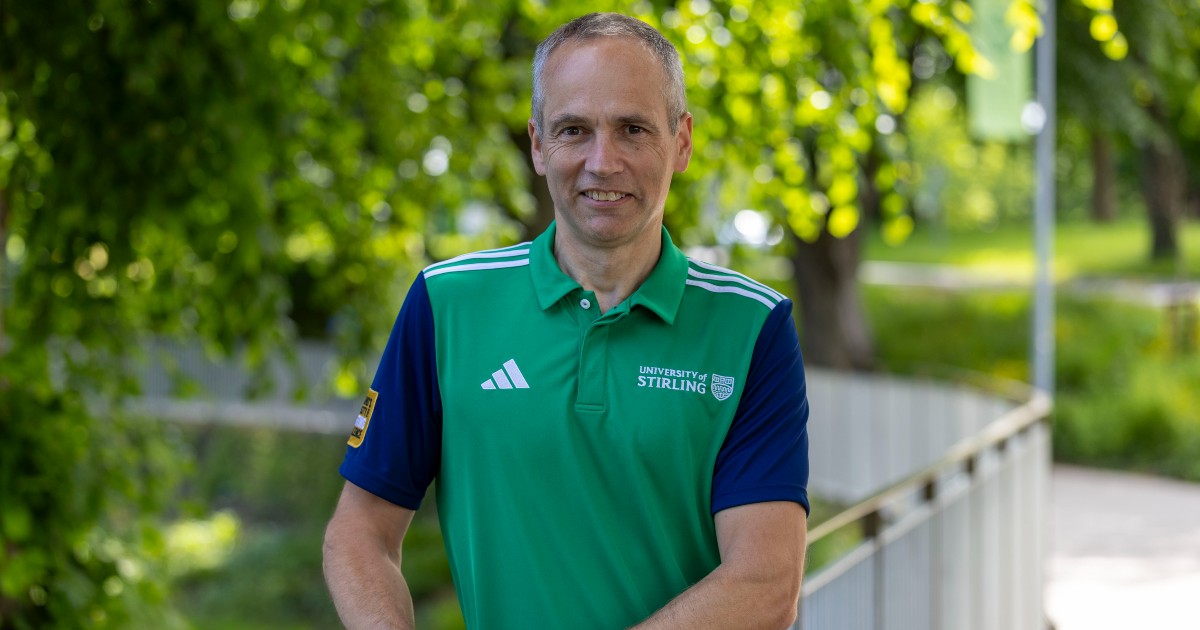Game-changing sport research centre launched
It will be co-led by Professor Anna Whittaker and Professor Stuart Galloway
/filters:format(webp)/filters:no_upscale()/prod01/cdn/media/stirling/news/news-centre/2025/sep-25/Professor_Stuart_Galloway_and_Professor_Anna_Whittaker_1200X630.jpg)
The University of Stirling’s Division of Sport has announced a new centre of research and innovation that aims to address the most pressing global and national challenges in health, wellbeing, inclusion, and sporting performance.
Already internationally recognised for its contributions to sport, health, and exercise science, the division – part of the Faculty of Health Sciences and Sport – will build on its societal impact through targeted research funding, consultancy projects, and strategic partnerships.
The Centre for Research and Innovation in Sport (CRIS), which was formally launched this week, will be co-led by Professor of Behavioural Medicine, Anna Whittaker, and Professor of Exercise Physiology, Stuart Galloway, supported by a steering group of Stirling academics.
The new vision for CRIS is built around three key themes: Health and Wellbeing, Inclusion, and Performance. By structuring multidisciplinary research around these pillars, the division aims to generate real-world impact that enriches lives, supports communities, and influences sporting organisations both in Scotland and across the world.
 Professor Anna Whittaker
Professor Anna Whittaker
Co-director of the Centre for Research and Innovation in Sport (CRIS) Professor Anna Whittaker said: “The benefits of exercise, sport and physical activity for society, the economy and for health are well known. This centre will bring together experts in these areas with the goal of collaborating on mission-led interdisciplinary research and funding bids within Sport, across the university, and with external partners to solve real-world challenges.
“We seek to raise the profile of Sport research and innovation within and beyond the university, support staff towards successful funding acquisition, and grow the centre to become internationally recognised for interdisciplinary sport research and knowledge exchange.”
To achieve this, the division will align its work with several major strategic frameworks, including the University of Stirling Strategic Plan 2030, the United Nations Sustainable Development Goals (SDGs), UK Research and Innovation (UKRI) priorities, and national strategies from the Scottish Government, sportscotland, and UK Sport.
Key goals include:
• Target research funding on global and national challenges linked to the three themes.
• Use new technologies to tackle novel research questions.
• Collaborate with key partners to strengthen research funding bids.
• Deliver on research and consultancy contracts with strategic partners to add value and impact.
• Generate measurable impact for society, communities, and sporting organisations.
• Evolve research and consultancy work to ensure it is relevant for, and sustainable beyond, REF2029.
The division also aims to create a critical mass of researchers and postgraduate students to tackle urgent challenges in the sport and public health sectors.
These challenges include:
• Low participation rates in sport and physical activity.
• Inclusion and governance issues across the sporting landscape.
• The rising burden of non-communicable diseases.
• The role of sport and active travel in responding to the climate crisis.
• Tackling mental health through physical activity and sport.
• Promoting social connectedness and equity through community-based initiatives.
 Professor Stuart Galloway
Professor Stuart Galloway
Co-director of the Centre for Research and Innovation in Sport (CRIS) Professor Stuart Galloway said: “Stirling is Scotland's University for Sporting Excellence, which places the university at the forefront of developing and supporting talented athletes to fulfil their sporting and academic potential.
“By positioning CRIS at the intersection of sport, health, and social change, we will lead transformative research that not only advances academic knowledge but also contributes to sport, health, and exercise science for the benefit of our elite athletes, and people, communities and organisations locally and globally.”
